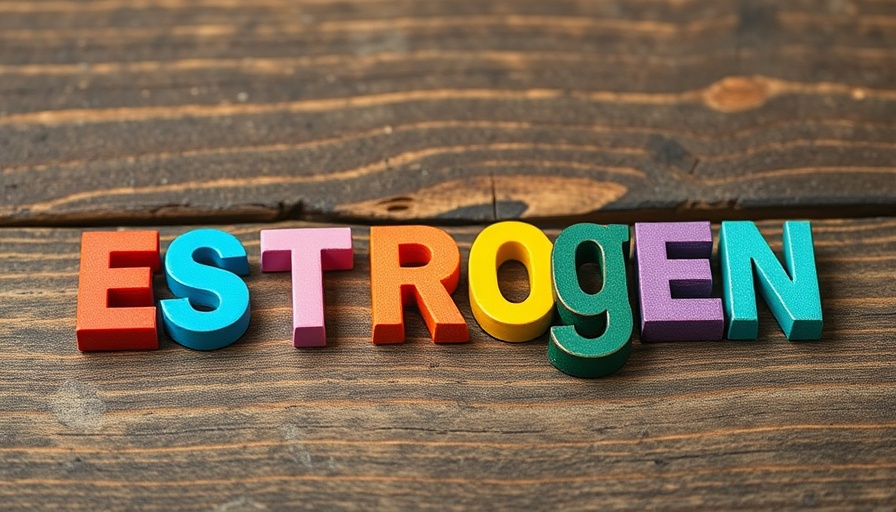
The Growing Interest in Non-Prescription Estrogen
As awareness around women's health issues continues to rise, so too does the interest in non-prescription estrogen supplements. These alternatives provide a potential solution for those experiencing menopause symptoms, PMS, or hormonal imbalances. It's crucial for parents, especially those with teenage daughters, to educate themselves on these options and their implications.
Understanding Non-Prescription Estrogen: What Is It?
Non-prescription estrogen usually comes from herbal sources and supplements designed to mimic the effects of estrogen found naturally in the body. Some common forms include phytoestrogens, which are plant-derived compounds that can exert estrogen-like effects. Traditional medicine systems such as Ayurveda and Chinese medicine have historically utilized plant extracts for hormone balancing, promoting a holistic approach to women's health.
Potential Benefits of Alternative Medicine in Hormonal Health
Alternative medicine often emphasizes natural remedies, providing a variety of options for individuals seeking to manage symptoms associated with hormonal changes or discrepancies. For parents considering these treatments for their daughters, understanding options such as herbal medicine, homeopathy, and naturopathy is vital. Each of these systems supports the idea that balance and prevention are superior to reactive treatments.
The Role of Herbal Supplements
Herbal supplements like black cohosh, red clover, and dong quai are popular choices that claim to alleviate menopausal symptoms without the risks associated with synthetic hormones. Temperatures, mood swings, and sleep disruptions can potentially be treated with these natural solutions. However, parents must be cautious; consultation with a healthcare provider is recommended before exploring these options.
Examining the Risks and Challenges
While non-prescription options provide a more accessible approach, they are not without risks. The lack of regulation in the supplement industry means that not all products are created equal—some may contain undisclosed ingredients or might not be effective at all. Potential side effects and contraindications with existing medications are concerns that should be openly discussed with healthcare professionals.
Integrative Health Care: A Comprehensive Approach
The discussion around non-prescription estrogen should also tie into a larger conversation about integrative health care solutions. By combining elements of traditional medicine with modern healthcare practices, families can better manage hormonal health. Resources like therapeutic massage therapy, acupuncture, and mind-body therapies can also support women’s health journeys.
Herbal Teas and Lifestyle Adjustments
Diet and lifestyle modifications are foundational for anyone considering herbal remedies. Incorporating herbal teas—think chamomile for relaxation or ginger for inflammation—can play a subtle yet significant role in balancing hormones. Parents can encourage healthy habits in their families, resulting in better overall health and well-being.
Empowerment Through Education
It’s crucial for parents to actively engage in conversations about hormonal health, particularly as their children reach puberty and may experience their first menstrual cycles. The stigma associated with discussing these topics often discourages open dialogue, leading to a lack of understanding. Knowledge surrounding non-prescription options not only empowers women but also fosters healthier family dynamics.
Your Journey Towards Holistic Healing
Deciding to explore non-prescription estrogen treatments can be a personal journey toward better health. Parents should advocate for themselves and their children, seeking out all available medical and holistic options. As you embark on this journey, consider approaching healthcare with an open mind and a comprehensive view of health care, merging conventional practices with holistic treatments.
Call to Action: Explore the vast world of holistic and alternative treatments to empower your family's health choices. Consider consulting with local holistic health practitioners to assess the right options for you.
 Add Row
Add Row  Add
Add 




Write A Comment